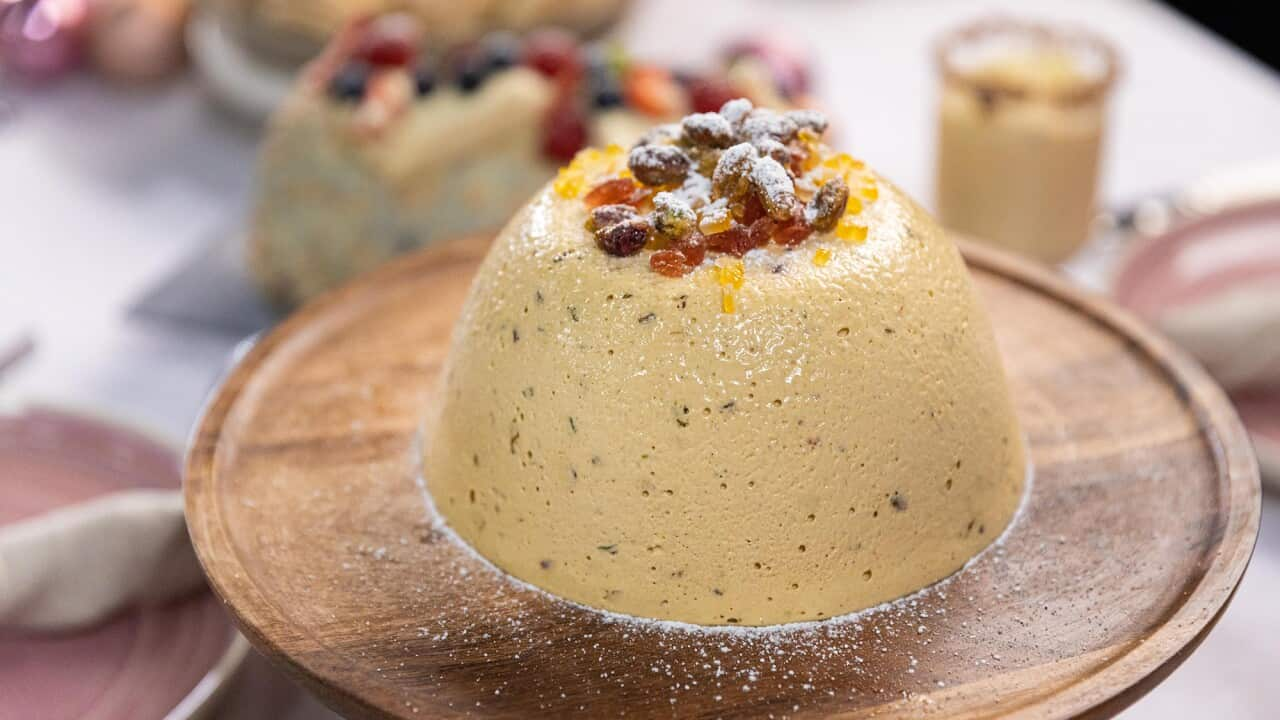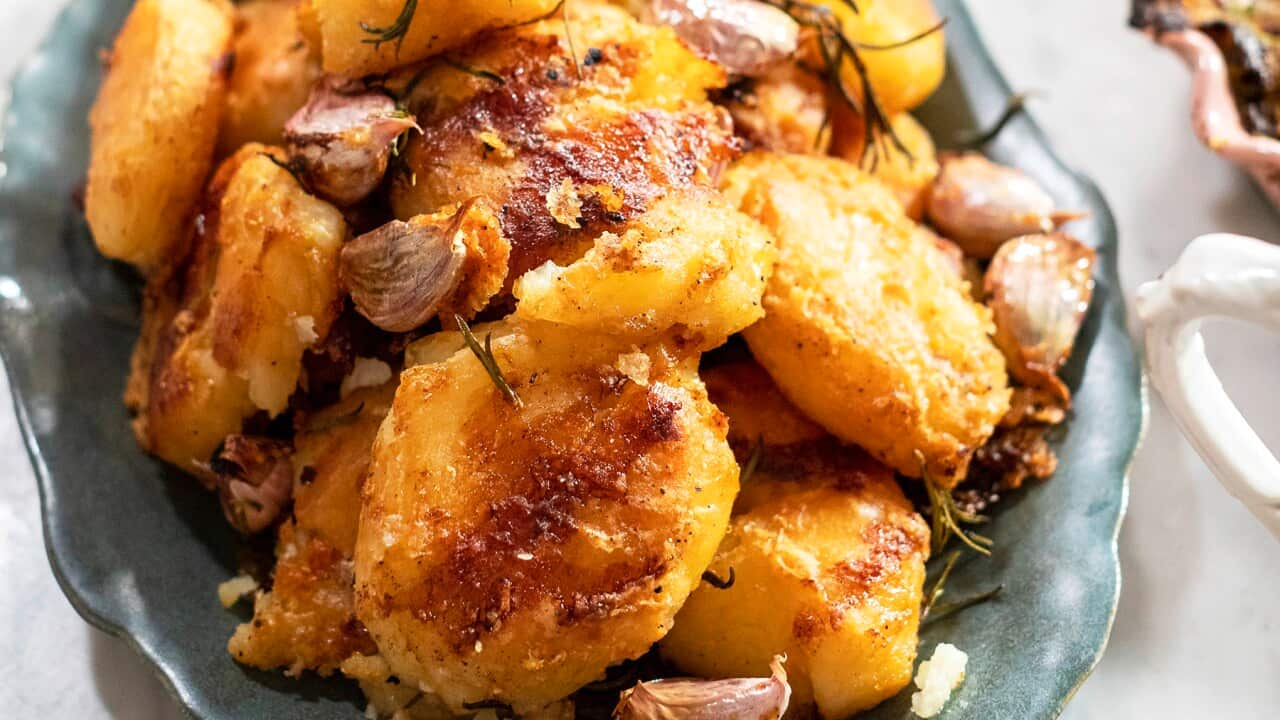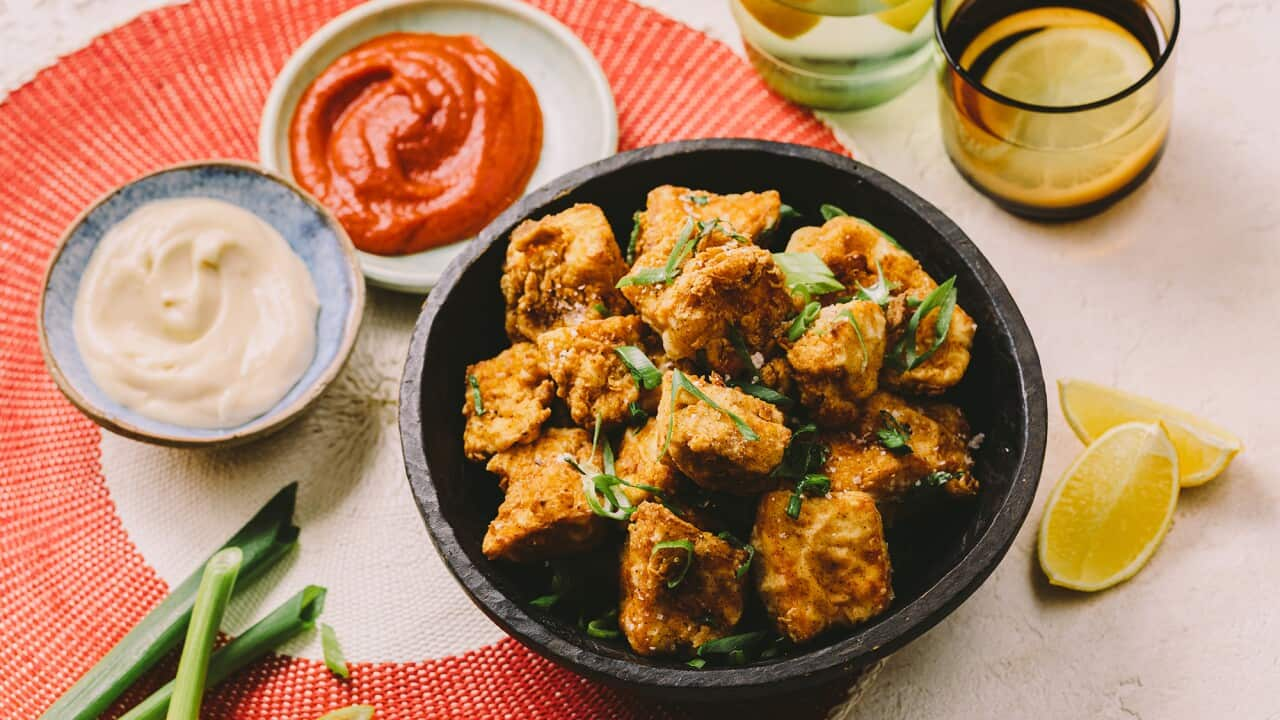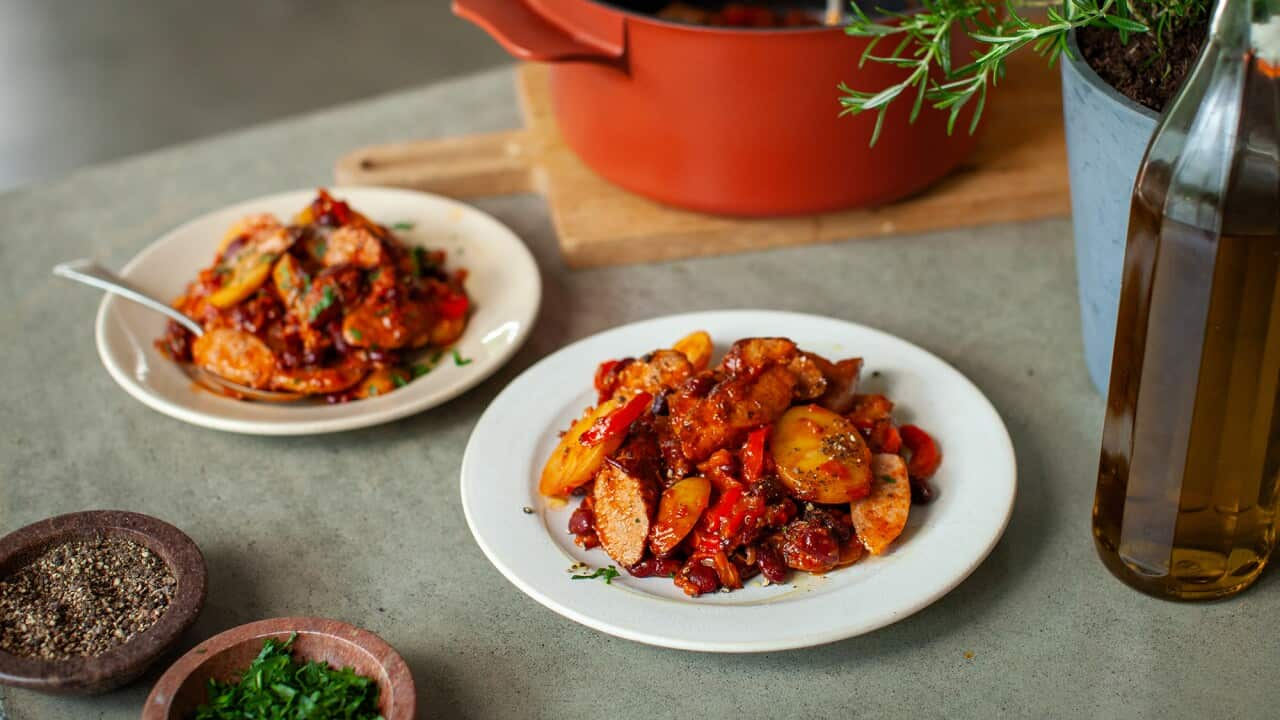serves
4
prep
45 minutes
cook
20 minutes
difficulty
Mid
serves
4
people
preparation
45
minutes
cooking
20
minutes
difficulty
Mid
level
Ingredients
- 4 whole fresh sea urchin
- 3 eggs
- 1 tsp soy sauce
- 1 tsp mirin
- ½ tsp salt
- 480 ml dashi stock (see Note)
- 1 tbsp spring onion, green part only, finely chopped
Instructions
Preheat the oven to 150ºC.
To clean the sea urchin, remove the soft part around the mouth and empty the stomach contents.
Using a teaspoon, carefully scoop the yellow roe from the inside of the shell. Remove any black bits and rinse the roe, then set aside.
Clean the inside of the shell well, being careful to not push the soft ‘plug’ in the bottom out. Make the hole in the top bigger if required, using a pair of pliers.
Place the eggs in a bowl with the soy sauce, mirin, salt and half the sea urchin roe. Whisk until well combined, then pass through a fine sieve into a large bowl. Add the dashi and whisk to combine well, making sure you don’t create too many air bubbles, then pour the mixture into a jug.
Place the sea urchin shells in a baking tray, making sure they are flat and stable. If necessary, place a piece of scrunched up foil underneath the shells to help stabilise them. Place a pinch of spring onion in the bottom of each shell, then fill the shells three-quarters full with the custard. Pour enough boiling water into the baking tray, around the shells to come half way up the side. Cover the pan with foil and bake for 20 minutes or until a bamboo skewer into the centre comes out clean and clear liquid fills the space. Top with the remaining sea urchin roe and spring onion and serve warm.
Note
• Referred to as one of the defining ingredients in Japanese cuisine, dashi is a delicate golden stock made from a combination of kombu (dried giant kelp) and flaked, dried bonito fish flakes. We made our own dashi stock from kelp we harvested and dried ourselves, but you can also buy it ready-made or in dried granules from Asian grocers.
Cook's Notes
Oven temperatures are for conventional; if using fan-forced (convection), reduce the temperature by 20˚C. | We use Australian tablespoons and cups: 1 teaspoon equals 5 ml; 1 tablespoon equals 20 ml; 1 cup equals 250 ml. | All herbs are fresh (unless specified) and cups are lightly packed. | All vegetables are medium size and peeled, unless specified. | All eggs are 55-60 g, unless specified.








